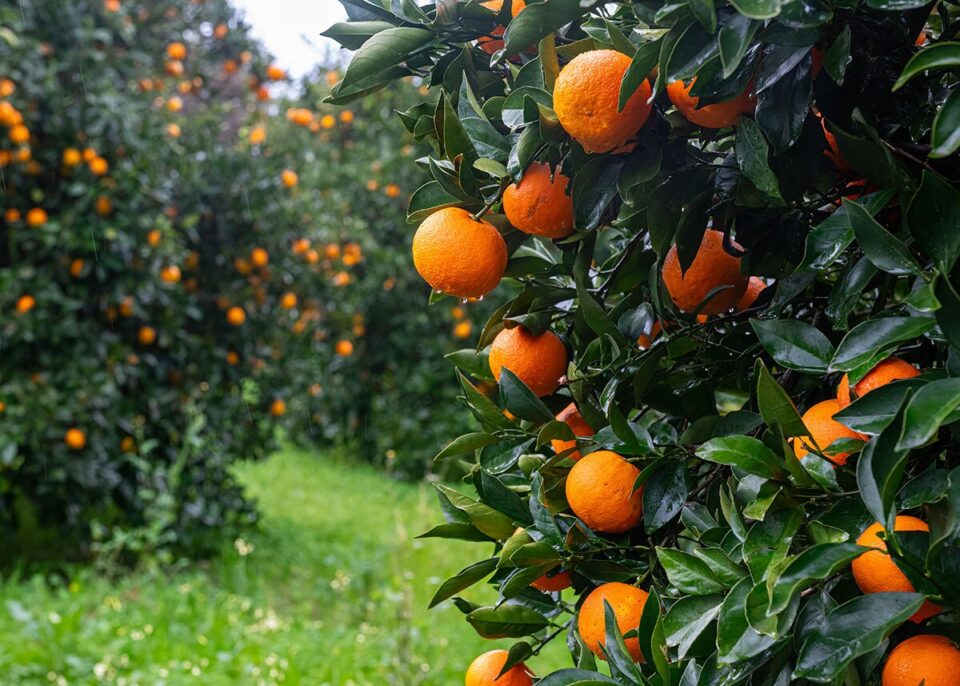In a bold move to reduce reliance on fruit imports and boost agricultural exports, the Namibian government has announced a landmark investment of N$250 million over the next five years to revitalise the country’s citrus industry. The initiative, spearheaded by the Namibia Agronomic Board (NAB), seeks to unlock the full potential of the sector through infrastructure development, local seedling propagation, and regulatory reform.
Turning Potential into Profit
Speaking at a recent high-level stakeholder engagement hosted by the NAB, CEO Dr Fidelis Mwazi laid out the vision: a citrus industry that creates jobs, generates foreign exchange, and strengthens national food security.
“When we talk about the citrus industry, we are talking about potential, about jobs, about foreign exchange earnings, and most importantly, about transforming the sector to benefit our farmers and the national economy,” said Dr Mwazi.
Currently, 96% of citrus consumed in Namibia is imported, amounting to N$57.6 million annually, despite citrus being the third-most consumed fruit in the country after apples and bananas. Local production remains low, with only 1,783 tonnes expected to be harvested this year from approximately 150,515 commercial citrus trees.
A Strategic Five-Year Roadmap
The NAB’s five-year, N$250 million strategy—equivalent to N$50 million per year—aims to shift the citrus industry from import-dependence to self-sufficiency and export competitiveness. Key focus areas include:
-
Development of local nurseries and propagation of high-quality citrus seedlings
-
Expansion of research, extension services, and technical training
-
Investment in infrastructure, such as packhouses and irrigation systems
-
Reinforcement of regulatory systems to meet international market standards
According to Dr Mwazi, commercial production is currently concentrated in the Karst, Central, Southern, and Orange River zones, with 70% of citrus sold through formal markets and the remaining 30% through informal channels.
To support this growth, Namibia has already introduced a national citrus standard, and most citrus crops have been gazetted as controlled products under the Agronomic Industry Act No. 20 of 1992.
Export Growth and Persistent Import Challenges
Despite earning over N$23.9 million (USD 1.3 million) from citrus exports to South Africa and Angola in 2024, Namibia continues to import more than N$136 million (USD 7.3 million) worth of citrus planting material. The new investment aims to reverse this trend by nurturing local propagation and reducing dependence on foreign imports.
Dr Mwazi emphasised that the strategy will ensure Namibian citrus products are not only competitive regionally but meet international phytosanitary and quality standards.
Evolving Vision and Global Alignment
In tandem with its investment strategy, the NAB has revised its vision and mission to reflect a more modern and internationally aligned approach. Its updated Integrated Strategic Business Plan (ISBP) and 5-Year Crop Value Chain Development Strategy (CVCDS) for 2025–2030 aim to align with standards such as ISO 9001:2015 and ISO 17020.
The NAB’s vision has shifted from “A world-class regulator to a vibrant, diversified and sustainable crop industry” to “A globally recognised regulator of a sustainable, agile and innovative agronomy and horticulture sector.”
“This change was driven by the need to align with measurable global standards,” Dr Mwazi noted.
A Shared Commitment
The engagement concluded with a visit to Koedoebos Sitrus Pakhuis, a citrus packhouse facility, symbolising the shared commitment among public and private stakeholders to scale up Namibia’s citrus sector.
By aligning investment, regulation, and industry collaboration, Namibia is laying the groundwork for a vibrant, export-ready citrus industry—one that stands to deliver real value to farmers, consumers, and the national economy.


